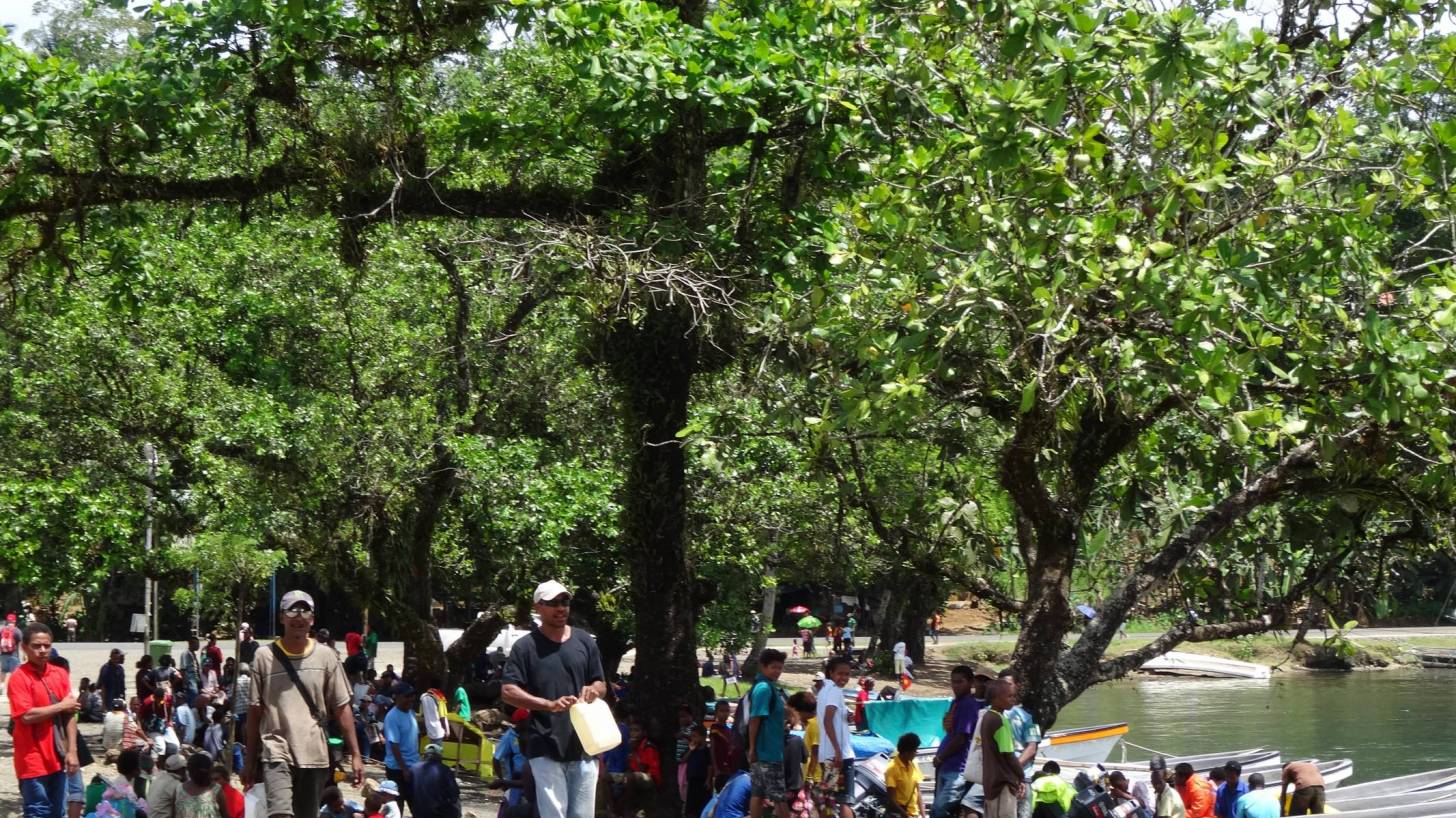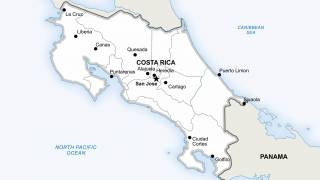Indonesia’s Central Sulawesi and Papua Travel Advisory Increased

The US Department of State’s Travel Advisory for the Republic of Indonesia now includes a Level 3: Reconsider Travel notice of the Central Sulawesi and Papua areas.
Updated on December 28, 2019, the U.S. government stated it has limited ability to provide emergency services to U.S. citizens in Central Sulawesi and Papua as U.S. government employees must obtain special authorization before traveling to those areas.
Specifically, the area between Timika and Grasberg in Papua has experienced excessive civil unrest, which U.S. citizens should avoid.
In other parts of Indonesia, the State Department’s Level 2 Advisory suggests visitors ‘Exercise Increased Caution.’
Previously, the US Embassy in Jakarta issued a country-wide Security Alert on December 12, 2019, which said ‘during the holiday season, the Indonesian National Police will visibly increase their presence at tourist sites, churches, malls, and other public gathering places.’
Furthermore, ‘the Embassy advises heightened personal security awareness, particularly in public areas frequented by foreigners during this period.’
And, the UK Foreign and Commonwealth Office (FCO) updated its travel alert on December 18, 2019, saying ‘protests have taken place in Manokwari, West Papua Province and in Jayapura and Wamena.’
And, the UK FOC advises against all travel to:
- within 4 km of the Mount Agung crater in east Bali
- within 7 km of the Mount Sinabung crater in Kalo Regency, North Sumatra
These are exclusion zones put in place by the local authorities due to ongoing volcanic activity.
And recently, the Canadian government updated its Travel Advisory to highlight ‘avoiding non-essential travel to the province of Papua due to the regular occurrence of violent incidents’ on December 18, 2019.
This is important news since Indonesia set a target of 20 million foreign tourist arrivals for 2019 compared to 15.81 million in 2018. This total includes about 390,000 British national visitors.
Indonesia is a country located in Southeast Asia, between the Indian and Pacific oceans. It is the world's largest island country, with more than 17,000 islands and a population exceeding 260 million people.
If you decide to travel to Indonesia, the State Department suggests these action items:
- Visit the websites for Badan Geologi (Indonesian Geological Agency, Indonesian language only) and Badan Nasional Penaggulangan Bencana (National Board for Disaster Management) for the latest information from the Government of Indonesia on current natural disasters.
- Review the CDC’s suggestions on how to prepare for natural disasters.
- Be aware of your personal safety and security at all times.
- Enroll in the Smart Traveler Enrollment Program to receive Alerts and make it easier to locate you in an emergency.
- Ensure your passport is valid for at least six months beyond your intended stay.
- Prepare a contingency plan for emergency situations, such as this Traveler’s Checklist.
US citizens can seek assistance at the Embassy in Jakarta, Jl. Medan Merdeka Selatan No., 3 - 5, Jakarta 10110, Indonesia. Telephone +(62)(21) 5083-1000.
From a health-risk perspective, the US Centers for Disease Control and Prevention (CDC), updated various Level 1 Travel Alerts for Indonesia during 2019.
During December 2019, Indonesia was included in a Polio and Dengue outbreak alerts.
And, in June 2019, Indonesia was included in the CDC’s measles alert.
The CDC suggests visitors to Indonesia be fully immunized for measles, polio and Routine Vaccines about 1 month prior to travel.
And, certain visitors to Indonesia may be required to show proof of polio and yellow fever vaccination during either/both arrival or departure from Indonesia.
These vaccines are generally available at ‘travel clinics’, which can be contacted when visiting Vax-Before-Travel appointments.
Vaccine travel news published by Vax-Before-Travel.
Our Trust Standards: Medical Advisory Committee
























